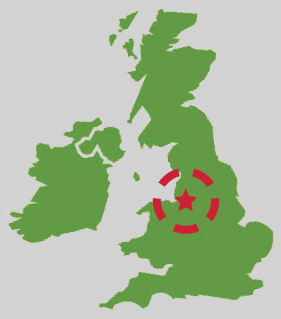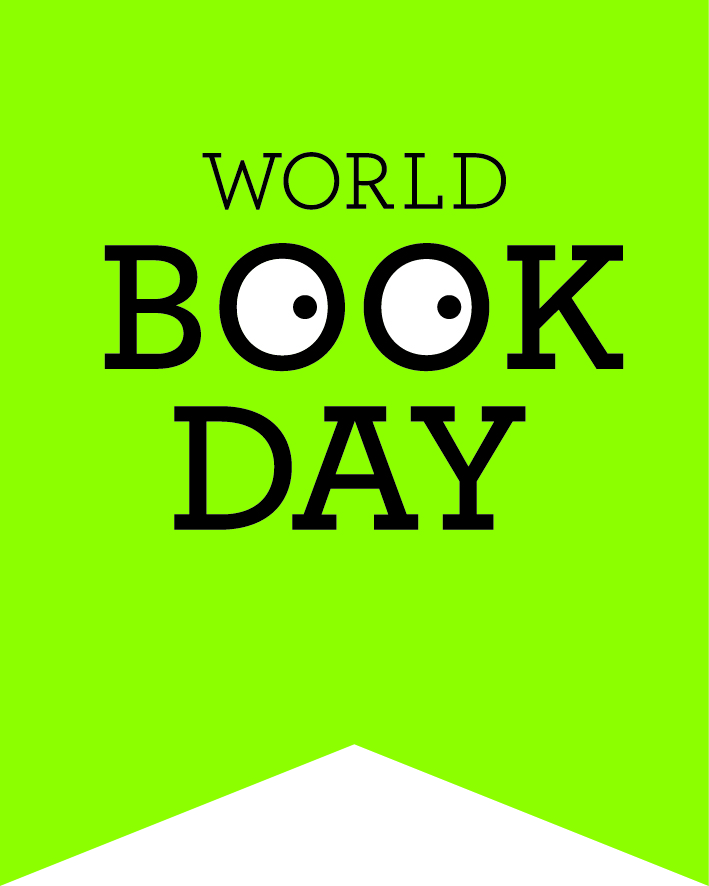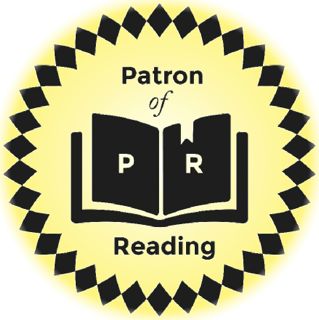Questions and Answers
Click a question in the menu to the left to go straight to the answer, or scroll down the page.
1. How many books have you written?
About 200. This is everything - non-fiction books, activity books (stickers), movable books (pop-ups),
and character books.
2. How do you know your facts are true?
Tough question. I'd be in trouble if the facts were wrong! I take a lot of
time to research my books, even those that only have a few words in them. I
check and double-check my facts using reference books, experts, and websites.
I just hope that what I find out is accurate. However, information can (and does)
go out of date - football players move clubs, athletes set new world records, and
so on. When this happens, I hope I'm given the chance to update a book when it is
reprinted.
3. Which non-fiction subject do you most like writing about?
You've probably noticed that I've written a lot of history books, especially about ancient
civilisations. I really enjoy writing these books, but I do like writing about other topics
as well!
4. Are you writing a book at the moment?
I've always got at least one book 'on the go', and sometimes it can be several. I might
be at the very beginning of one book (writing the plan), and at the same time I could be
checking the final layouts of another book before it goes off to be printed.
5. Are your books in bookshops?
Some are, some aren't. Many of my non-fiction books are written for schools and
public libraries, so look for them there. Some do go into bookshops, but you'll
have to look hard to find them because most bookshops don't have a good children's
non-fiction section.
6. Do you have a family?
I'm married to a teacher. We have a grown-up son and daughter.
7. What job did you want to do when you were growing up?
I wanted to be an archaeologist, and for a short time I was. It just seemed the most
fantastic job in the world.
8. What was your favourite subject at school?
English, then History, then Geography - in that order.
I had brilliant teachers who made the lessons interesting and grabbed my attention.
Do you want to know which my least favourite subject was? It was maths. My very clever
dad sometimes did my homework (big mistake) and because the school thought I was a maths genius
I was put in the top group. Of course, dad couldn't sit my tests for me, so my final marks were
not very good! Found out, you see.
9. Have you got any hobbies?
Lots! I've always been a collector. As a child I took over my dad's collection of British stamps
and added to it. I enjoyed the detail in stamp collecting - looking for watermarks and plate numbers
(modern stamps don't have these), counting perforations (the crinkly bits around the sides of a stamp),
and identifying them in stamp catalogues. I still have the collection, but haven't added new stamps
to it for years.
My main collecting interest today is pottery - but not just any old pots. I mainly collect pots made at a small pottery in Shropshire between the 1880s and 1920s. I've got lots of pots from this pottery, and some have been put on display in museums.
And I have an allotment where I grow fruit and veg. It's got its own address, Plot 55 Rhubarb Road, and if you want to know more about it, see here: www.overallotments.co.uk.
10. Where do you get your information from?
Library books, reference books, the internet, museums, newspapers, radio,
TV, people. In other words, all over the place. The key thing is knowing where
to look for information. When I wrote a book about how a hospital works,
I visited every department in a real hospital to see with my own eyes what goes
on behind the scenes - I couldn't have done it any other way.
11. How long does it take to make a book?
From start to finish the whole process takes about a year. My job (the research and
writing) comes at the beginning of the year and usually takes a few weeks. After this
comes the work of the editor, illustrator and designer, and last of all the printer.
Because the printer is probably in another country, it can take ages for the finished
books to arrive in the UK. Most of my books are printed in China, and it takes about
two months for them to reach the UK by ship. By the time everyone has done their job,
a whole year has gone by!
12. Have you ever written a best-seller?
Yes, I have. I wrote a book linked to a TV series, and it went to number 2 in the children's
non-fiction chart. The book was The 1940s House Activity Book, based on a family who
travelled back in time to live in London during World War 2. Another bestseller was a biography of the Queen - Queen Elizabeth II: Her Story - which came out in 2012, at the start of her Diamond Jubilee year.
13. What was the first book you wrote?
Indiana Jones Explores Ancient Egypt, which came out in 1991. It was the first in a
series of six Indiana Jones Explores books.
14. What is your favourite book you have written?
It's always the latest one to be published, so it's always changing. Right now
I could say it's a book about mummies - but in a few weeks when a book about
gladiators, dinosaurs, pirates, or the Titanic comes out, it'll be that one!
15. Do you choose the illustrator for your books?
No, never. It's always the publisher who chooses the illustrator, not me.
16. How useful is the internet?
It's both useful and useless. Some websites are excellent and I use them a lot.
Others waste my time and are full of errors. Because the internet is unregulated,
anyone can say anything (like me, right now), and some people end up believing
what they read (it's OK, I'm a non-fiction writer, so you can believe me!). Non-fiction
books, on the other hand, go through a rigorous editorial process - lots of
people checking and double-checking the facts, making certain the facts are
correct. The internet is easy to use, but don't kid yourself that it's
perfect, 'cos it ain't. And don't copy and paste chunks of stuff into your school
projects or homework either - be your own editor and put things into your own words.
17. Will you ever write fiction books?
I hope so! I've got lots of ideas, but
as long as publishers keep asking me to write non-fiction books, that leaves very little
time for creative writing. If I do write fiction, I'm pretty certain it will
have some history in it somewhere.
18. What advice would you give to someone who wants to write books?
If you believe you can do it, then you will. Read lots, and read widely. Use
your library - it's free to borrow books. Don't force yourself to read a book
if you're not enjoying it: put it down and make a better choice. And when you're
ready to write, don't rush into things. Start by making a plan of the book, briefly describing
what happens in each chapter. This is your shorthand version of the book, showing how the plot (or theme, if it's
non-fiction) works from beginning to end. Work hard on the plan, and be prepared
to revise it several times. The better your plan is, the easier it will be
to flesh it out into the finished book. Good luck!
19. Have you ever won any prizes for your books?
No, but I'm not surprised. Most children's book prizes in Britain are for fiction, not for
non-fiction. Maybe one day someone will set up a prize just for children's non-fiction.
The 'Google Prize for Children's Non-Fiction' sounds good to me!
20. How much do you earn?
The money question! Well, the first thing to tell you is the difference between fiction
and non-fiction books. Fiction authors usually receive royalties, non-fiction
authors usually receive fees. What's the difference?
- A royalty is a variable payment. It's a percentage based on the cover price of the book. The more the book sells, the more the author earns. But, the opposite is also true - if the book doesn't sell very well, the author won't earn much in royalties. I don't earn royalties on my non-fiction books.
- A fee is a fixed payment. It doesn't matter how many (or how few) books are sold, the author agrees to write the book for a set payment. I am paid fees for my non-fiction books.
There is one payment that all UK authors and illustrators are entitled to receive by law. It's called Public Lending Right (PLR), and about 23,000 authors and illustrators receive a payment once a year, in January or February.
Every time one of my books is borrowed from a UK public library, the government gives me 8.52 pence. (This is the latest figure, for books borrowed to 30 June 2018.) Not much, or is it? Well, if you have lots of books in public libraries and they are borrowed lots of times, all those 8.52 pences add up. The maximum that anyone can receive each year is £6,600, and to receive this amount an author's or illustrator's books must be borrowed about 77,500 times a year. About 200 people receive the maximum £6,600 each year (lucky them!), whereas most people (about 16,000) receive between £1 and £100.






